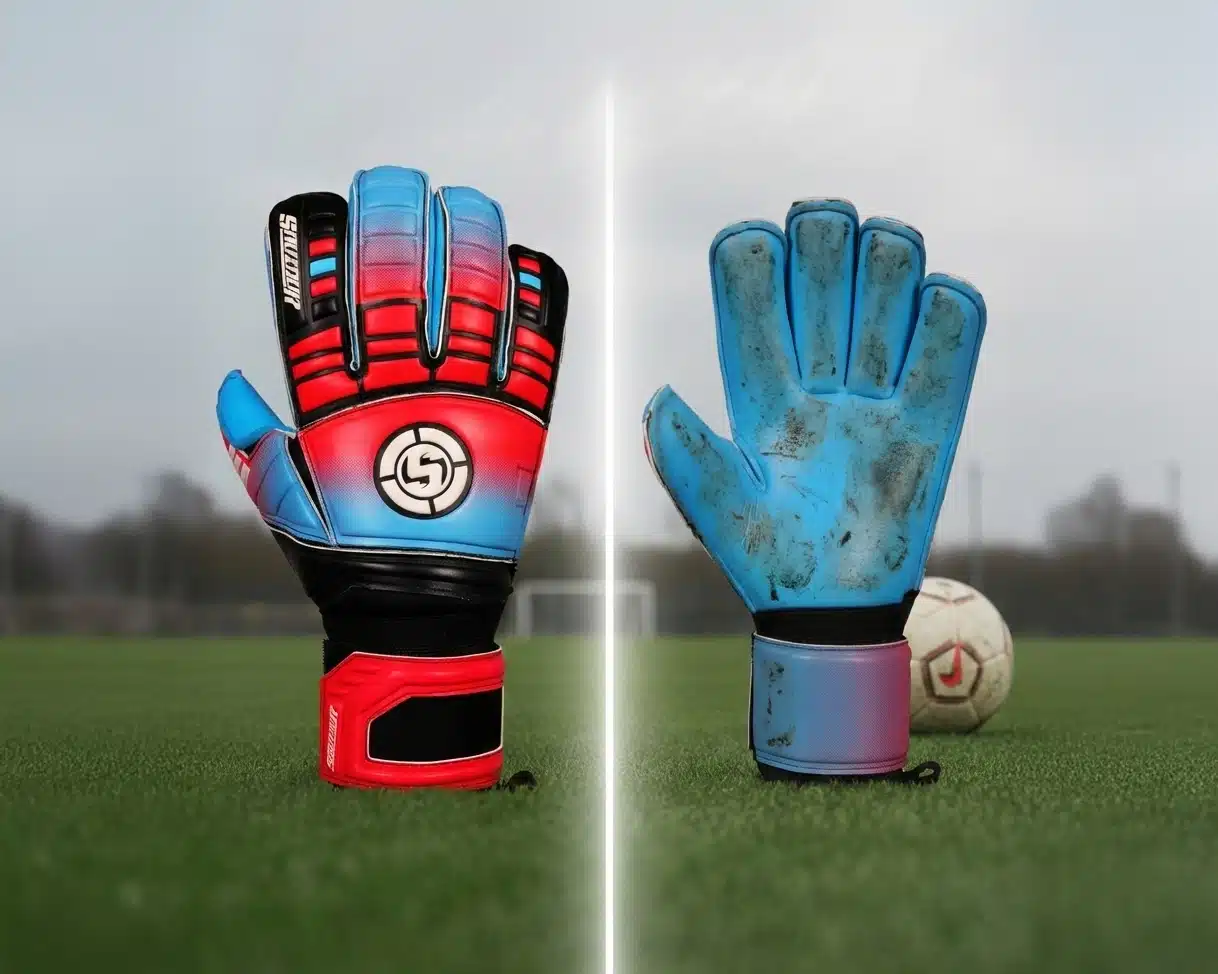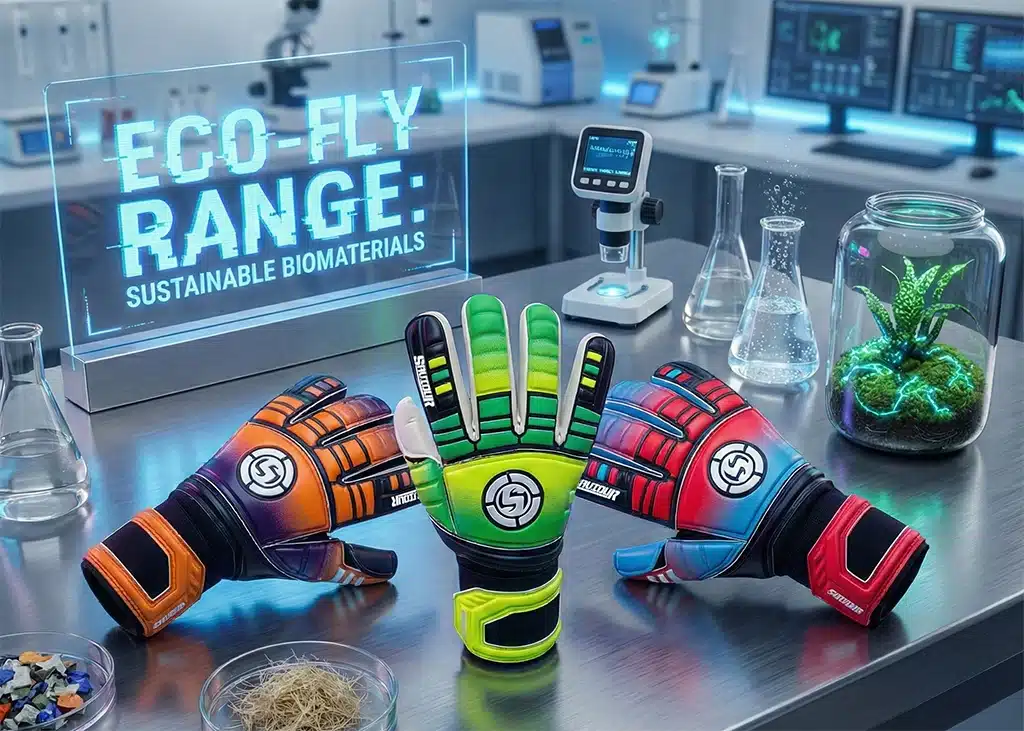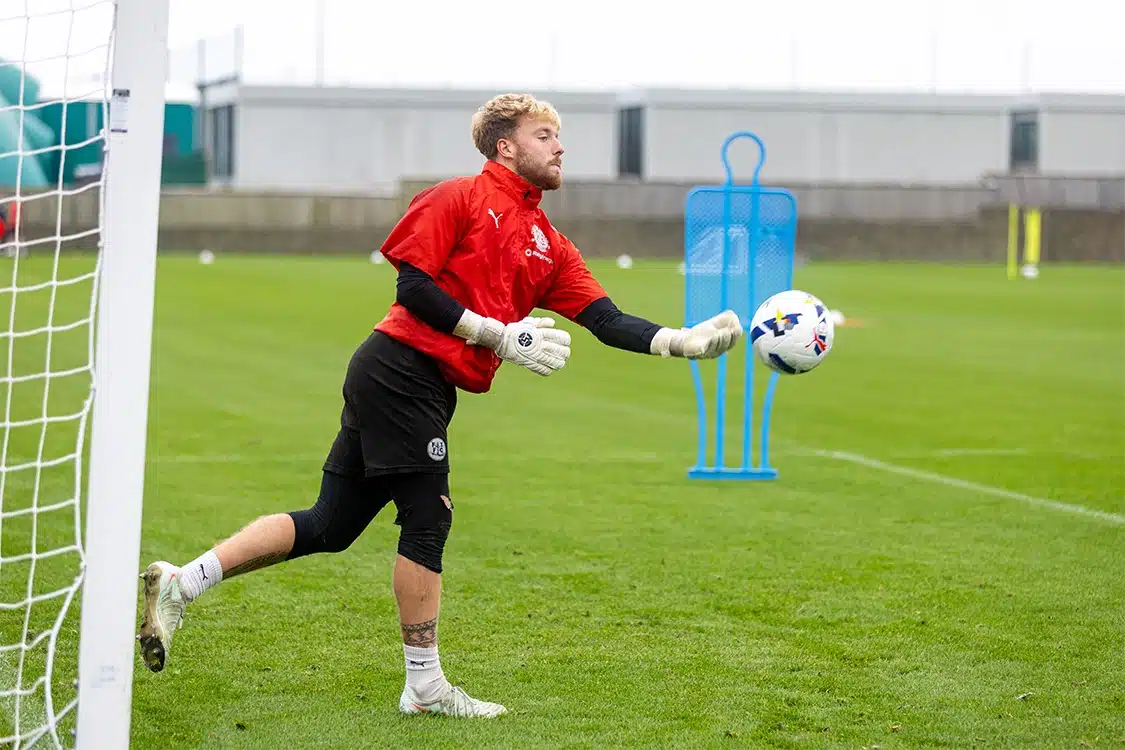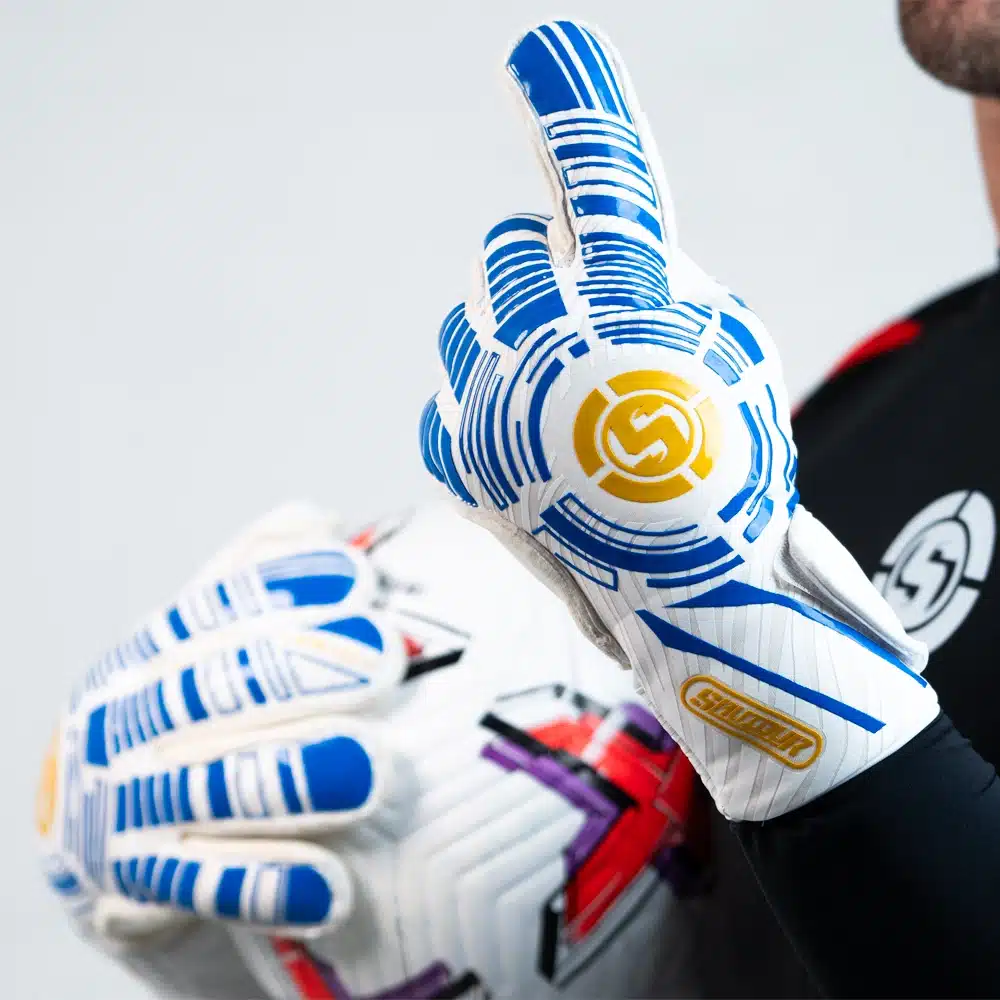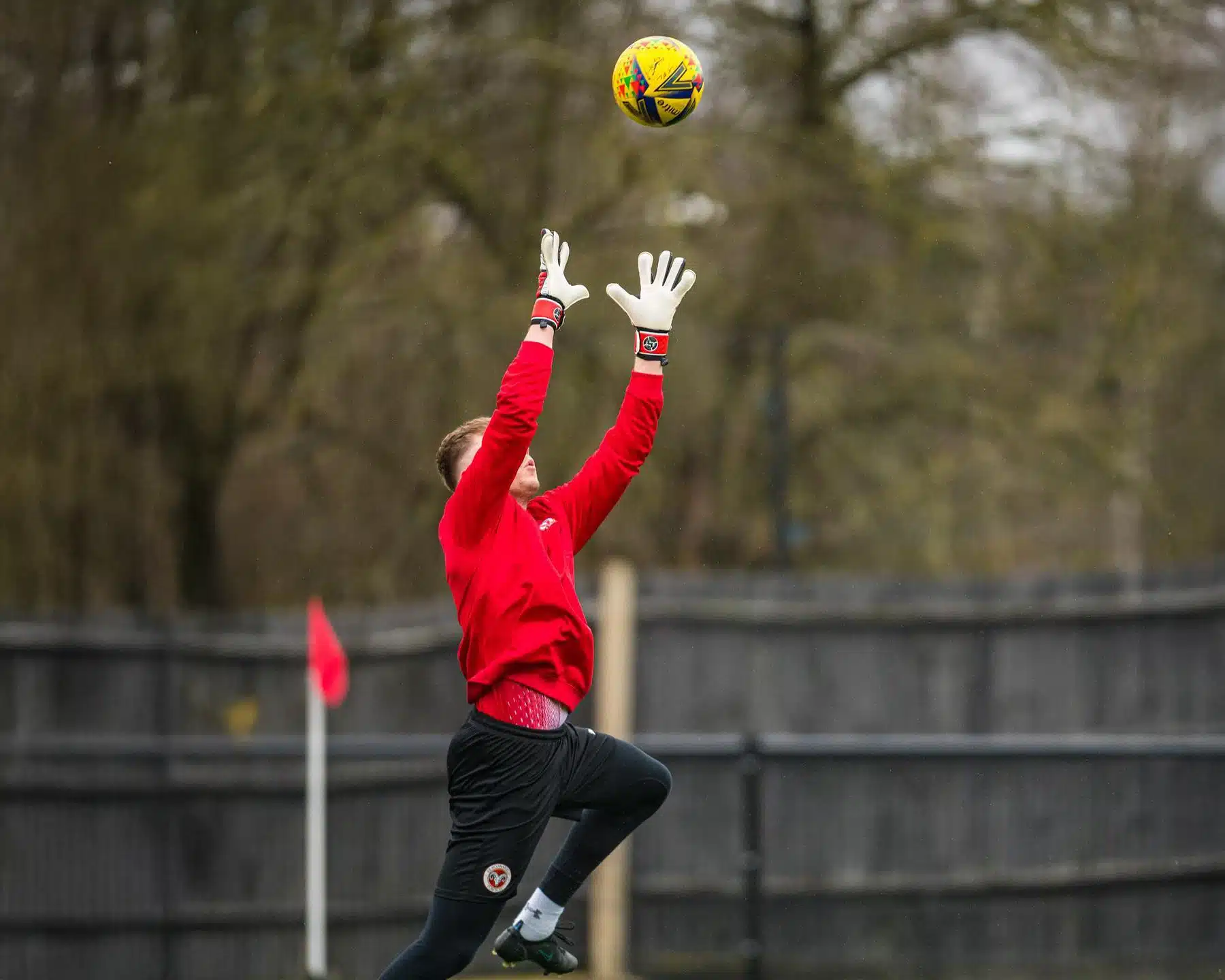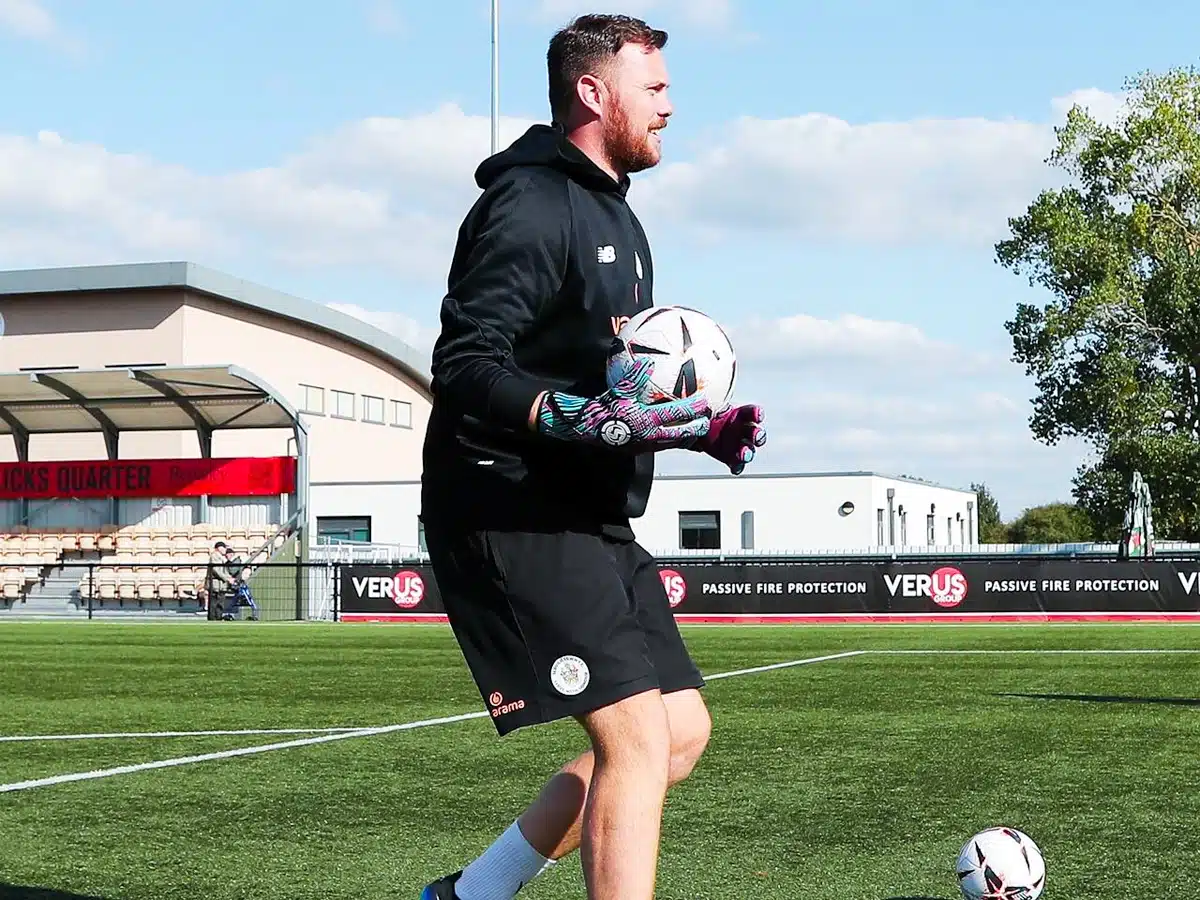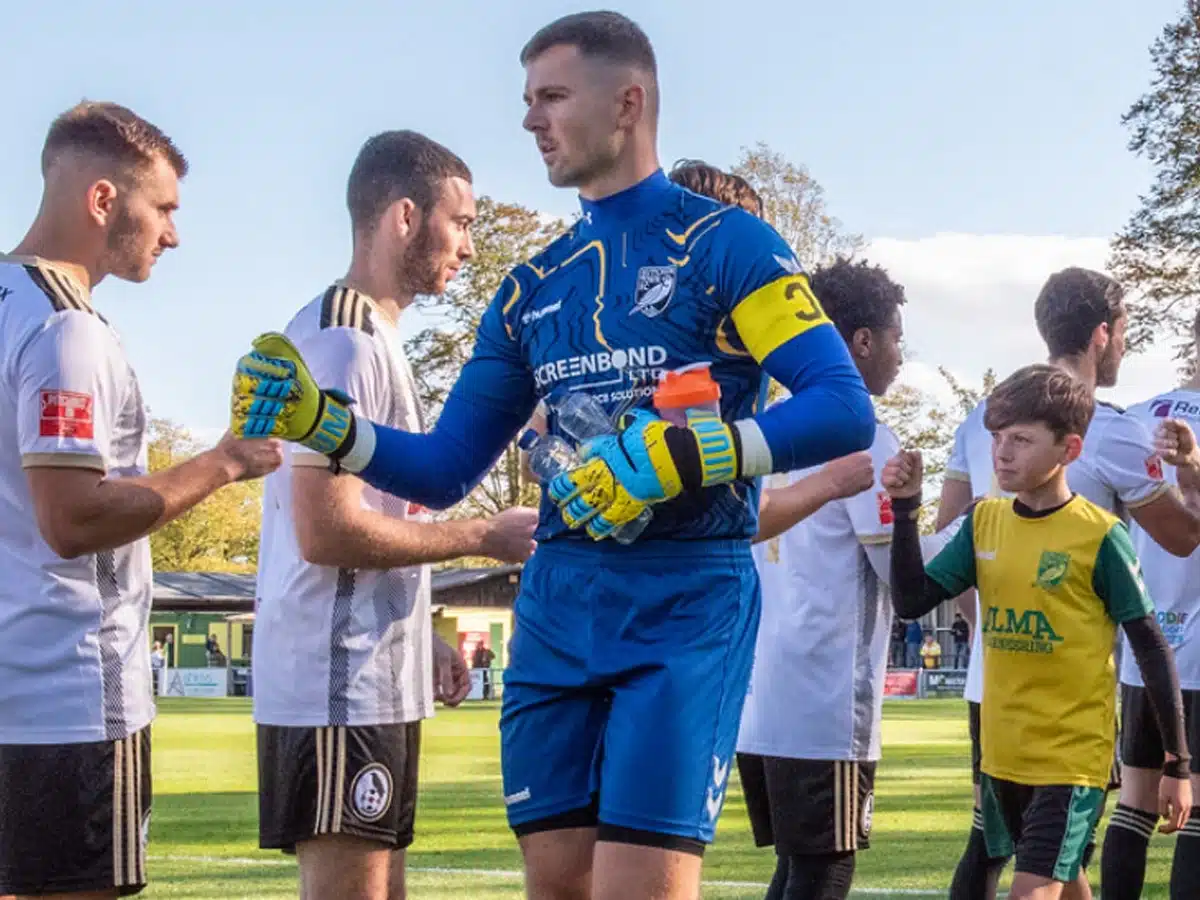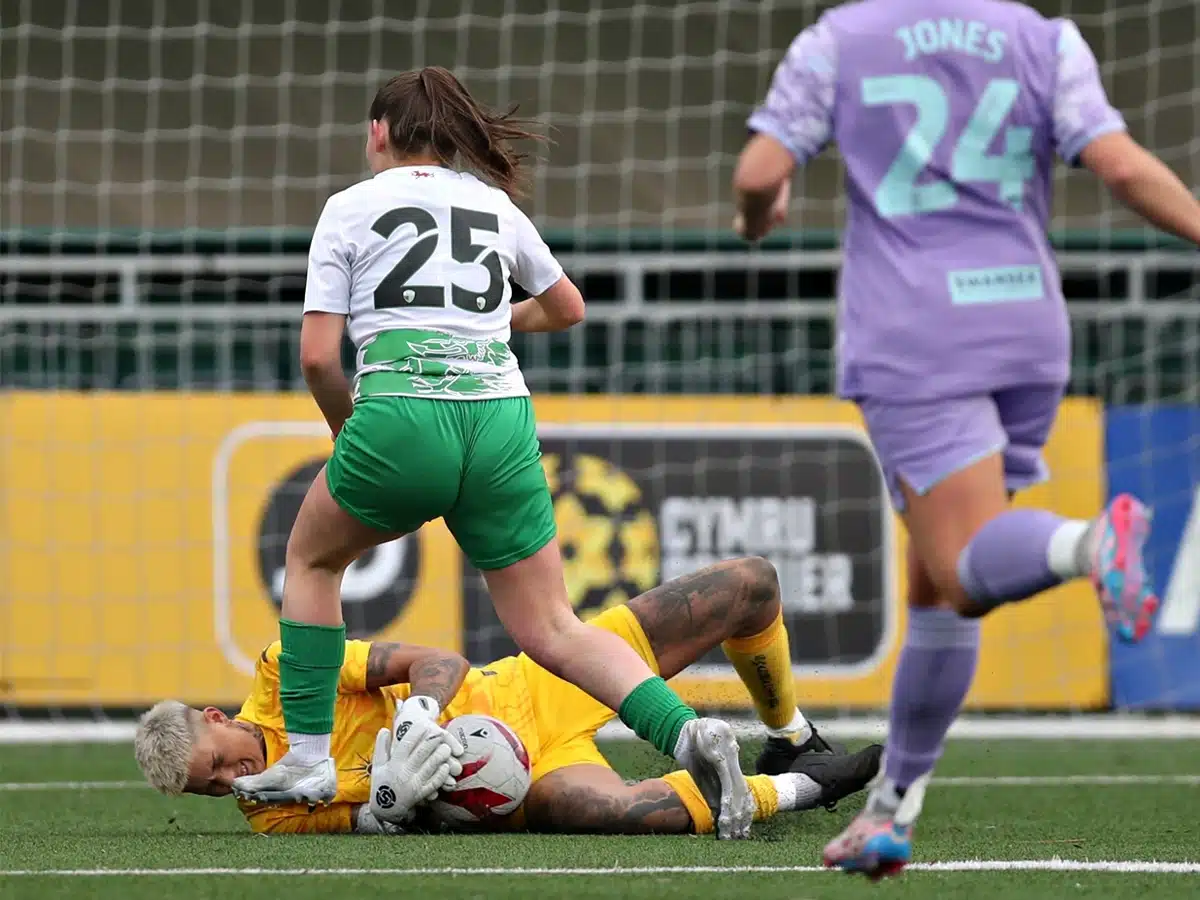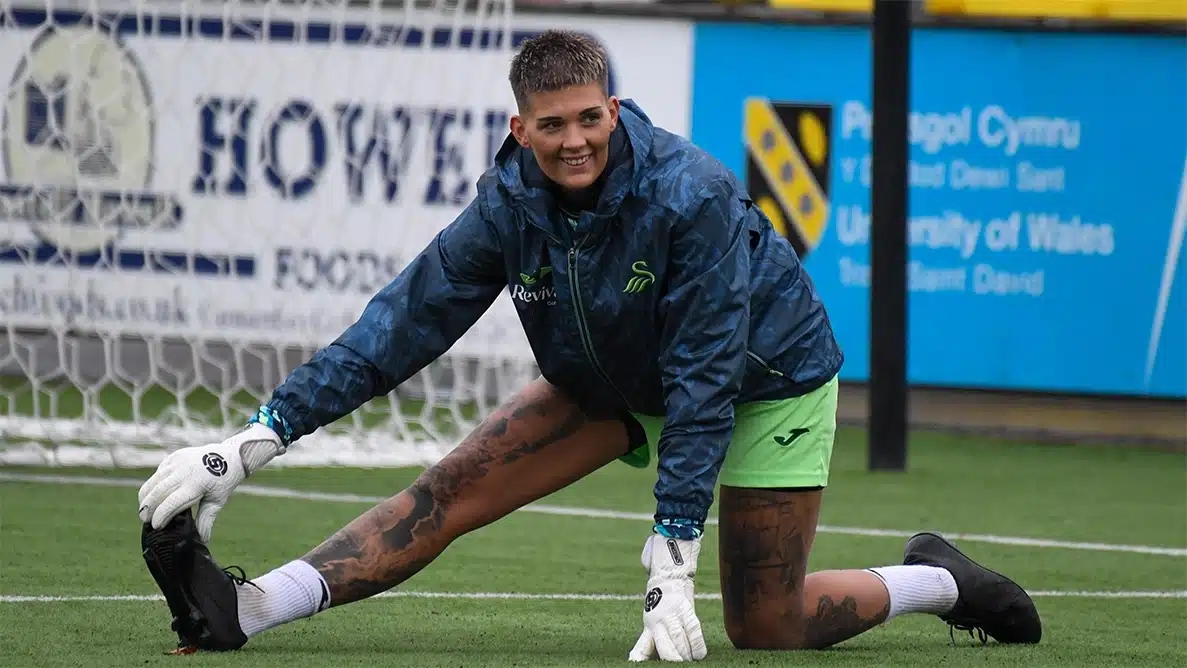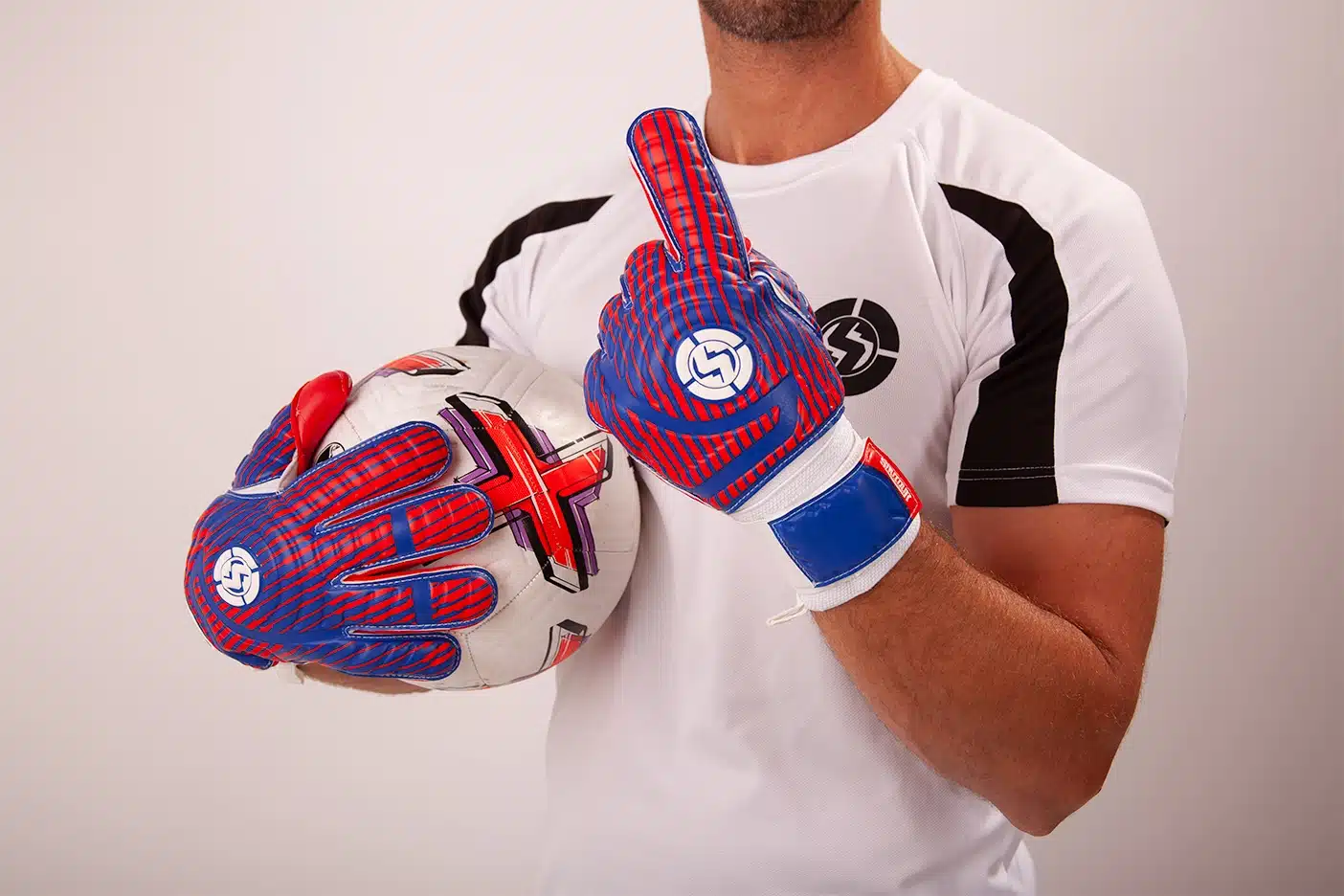If you want to become a better goalkeeper, there are several things you need to do.
Every soccer player, whether an amateur or a professional, must be able to have key characteristics that are necessary to the position. The goalkeeper’s role is a unique one that places them at the centre of the action. They’re able to read and react faster than other players and use their reflexes and agility in order to make vital saves. Here are some common traits and characteristics of a good goalkeeper that you should keep in mind when practicing for, and playing out on the field. Some of these traits can be worked on and improved through practice and dedicated effort, some of them will require you to adapt and learn how you can utilize what you have to the best of your ability.
10 Ways to Become a Better Goalkeeper
– Agility : Good agility is important for goalkeepers since it helps them move across the goal quickly to make saves or dive for a ball. Being able to quickly move between goal posts gives the keeper a higher chance of stopping shots from the opposing team. A low centre of gravity can also help with making diving saves easier.
– Stamina : Goalkeepers need to be fit from head to toe in order to be able to make crucial saves week after week, game after game. A tired and fatigued goalkeeper will have a difficult time keeping up with the action on the field, failing to make the dives and saves necessary to secure their team the win. Good stamina can also help with staying on top of the game mentally. A tired player will not have as quick of reaction time to process, react and stop incoming shots.
Having developed a high level of physical endurance will also allow the goalkeeper to recover quicker in between games and practices.
– Quick : Goalkeepers need to be quick on their toes and quick with their hands in order to react fast enough to block shots and passes from players. Being able to kick properly can also be a trait that is beneficial for goalkeepers. Kicking speed and accuracy can help a goalkeeper get the ball back if he has mishandled it or someone is stealing it away from him during an attack.
– Height : While not the most important factor of a good goalkeeper, height can be incredibly advantageous. Height can improve reach which can help with long balls and clearing crosses. A keeper with more reach will have an easier time making saves on shots that are aimed high in the net, or on the opposite side of the goal.
– Vision : Good vision is an important trait for goalkeepers as it helps them see more of the field and react faster to what is happening on the pitch. Being able to clearly see the action down field allows a goalkeeper more time to analyze and react to an incoming attack. Keeping a wide field of vision of the entire play, and not allowing themselves to become tunnel focused on one are in particular as important. Making use of their peripheral vision to see players moving along the sides, and possible set ups forming by the opposing team. A goalkeeper also needs to have good awareness of where all opponents are on the pitch.
– Smart : Goalkeepers need to be very smart and have great foresight in order to make the right calls on the field and maximize their value for their team, especially when it comes to making a save that can either help their team win or lead to a chance. In addition, goalkeepers also need to have good spatial awareness and predictive skills so they can anticipate what is going on around them and position themselves accordingly.
– Communication : Goalkeepers are also required to be great communicators with their team, and their coaches in order to work effectively against other teams. The ability to pick up on ques from team members, and their ability to quickly communicate with their team either verbally or non verbally, can be vital after a save has been made.
– Gear : While many of the traits on this list will have more of an impact on a keepers performance than the quality of gear a goalkeeper uses, there is truth to the saying that professional tools yield professional results. Quality boots will allow for good traction on the pitch, enabling the keeper to make quick directional changes in any weather. A player may be fast and have great reaction time, but if the player can’t get push off the turf, or if they slip trying to move across the goal, they won’t be stopping very many shots.
– Quality goalkeeper gloves: Superior grip will allow for easier stops. A keeper can be the most agile player of all time, but if they are unable to grip the ball, they won’t be effective at protecting the goal. Quality gloves with professional grip allow a keeper to make saves or deflections with the tips of their fingers without sustaining injury. A keeper with sprained or injured hands and fingers, is not as effective a keeper.
– Perseverance & Determination: A keeper with a will to win, no matter the current circumstance, or how far down their team is, is a valuable goalkeeper. Playing with heart and giving 100% even in the face of defeat is what can truly define a keeper. Many teams have come back to win against seemingly insurmountable odds. But only if the keeper, and the rest of the team, continue to give their all. A keeper who gives up, accepts defeat before the game is over, will do nothing except make it easier for their opponents to secure victory. The less a keeper tries, and the less belief they hold in their team and in themselves, the more likely they will let more shots in.
A goalkeeper who plays with relentless spirit, is a keeper who will leave a legacy.


